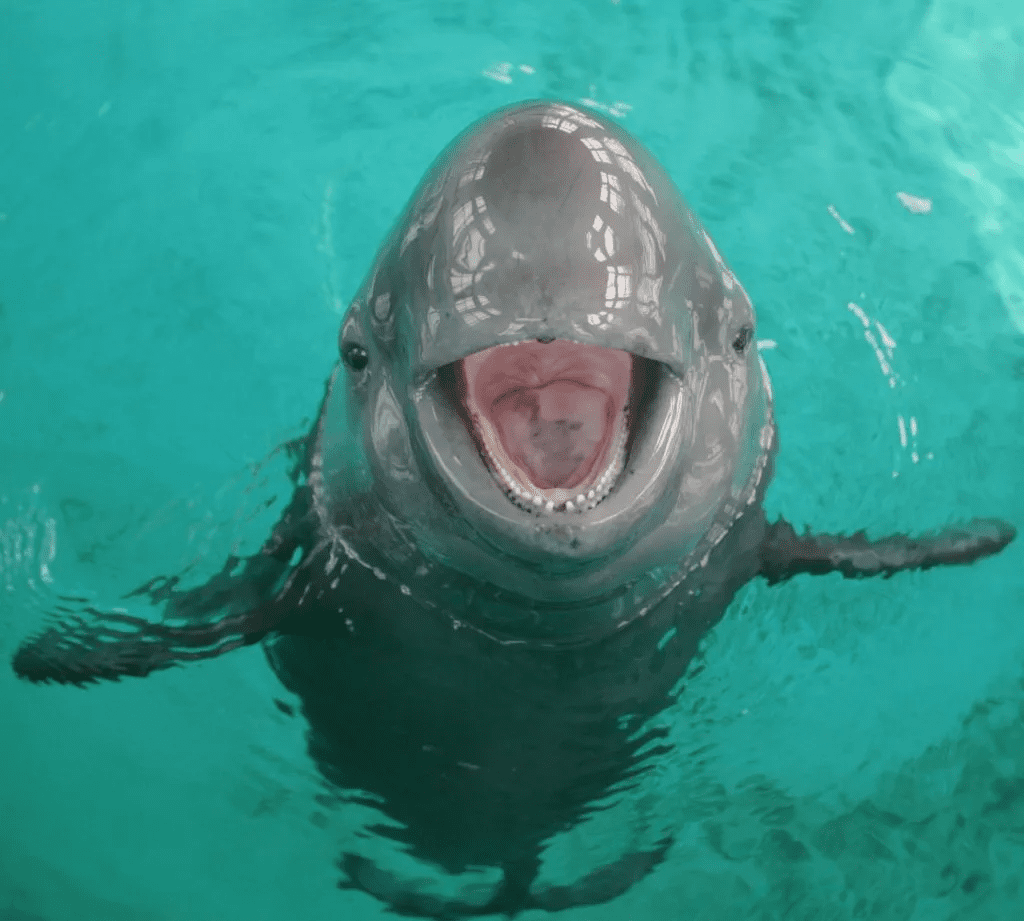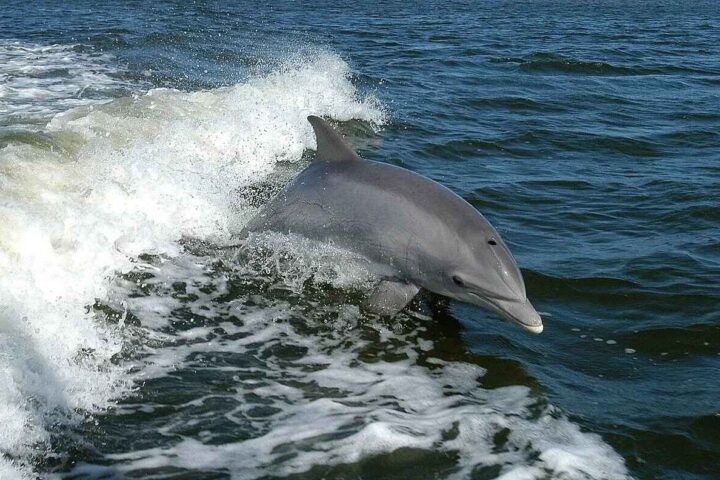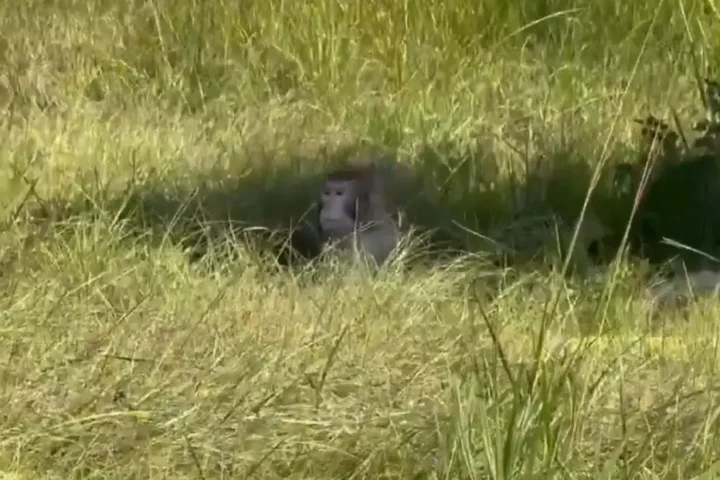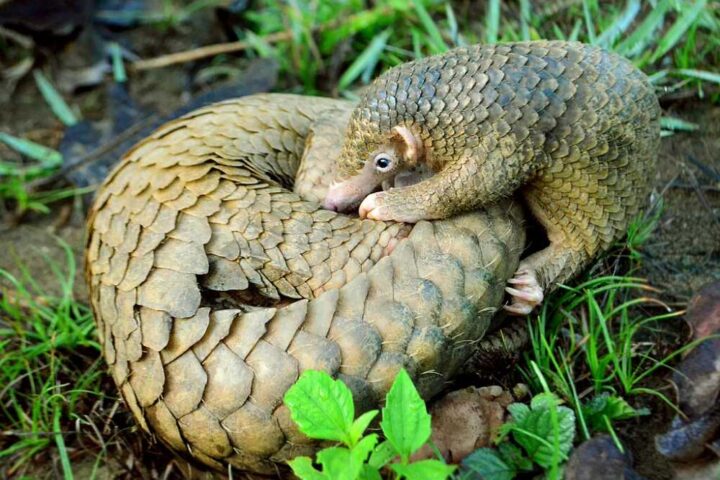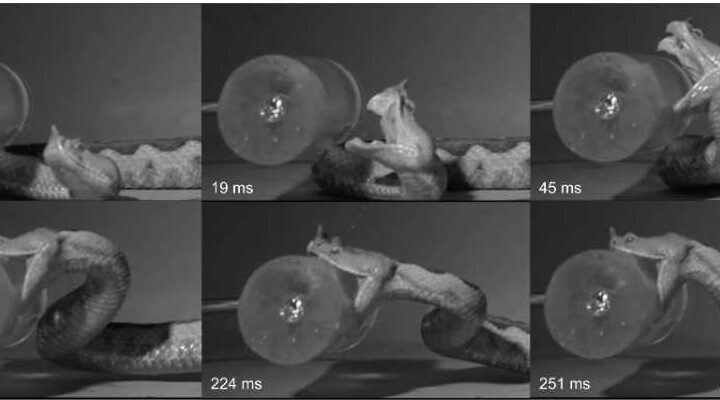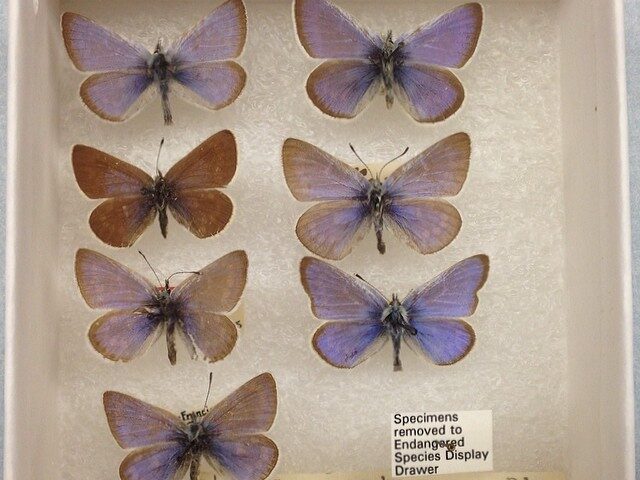Climate change has caused drastic changes in weather conditions all over the world. China is not an exception. Poyang Lake , China’s largest freshwater lake, is facing the dry season 100 days earlier this year. So the Agricultural & Fishing Administration of Jiangxi Province in which this lake is situated has rolled out measures to protect the Yangtze Finless Porpoises found in abundance in this lake.
The finless porpoises, dubbed as the “ Smiling Angel”, because its smooth, gray face appears to be fixed in a permanent grin. They are classified as critically endangered by the International Union for Conservation of Nature. It now lives only along the middle lower reaches of the Yangtze River.
The number of the species has declined to 1012 in 2017, with 457 living in Poyang lake. However, as the water level fell less than 12 meters in August, the lake entered this year’s dry season. The earliest records begin in 1951 & more than two months earlier than the average starting date between 2003 & 2021
.
Severe drought has reduced the lake by 75%, according to the local agricultural department. The significant reduction of water has severely affected the survival of the finless porpoise species
Last weekend, a traveler to the northern shoreline of Poyang lake in the city of Jinjiang posted a video showing the dead body of a finless porpoise on a dry riverbed. It was the seventh finless porpoise found dead in the Poyang lake area this year.
Zhou Wei, a science writer,was quoted by Beijing News as saying, “The reduction of water compresses the living space of the finless porpoises and forces them to swim to the deep water of the main channel of the lake. There will no doubt be the risk of the finless porpoises hitting the propellers ( of boats) as their lives overlap with human activities. Extreme dry weather affects the reproduction of fish and it may also result in a food shortage for the porpoises.
The species give birth in the spring and autumn, so now is a critical period for the porpoises to feed the newborn. But the parents may not be able to provide a relatively safe habitat for the newborns as the water level has fallen dramatically. Wang Laing, who works for the provincial Department of Agricultural & Rural Affairs of Jiangxi said that the province has released a total of 200 million shrimp & crabs into the waters for five consecutive years to enrich the food supply and maintain the local aquatic population.
